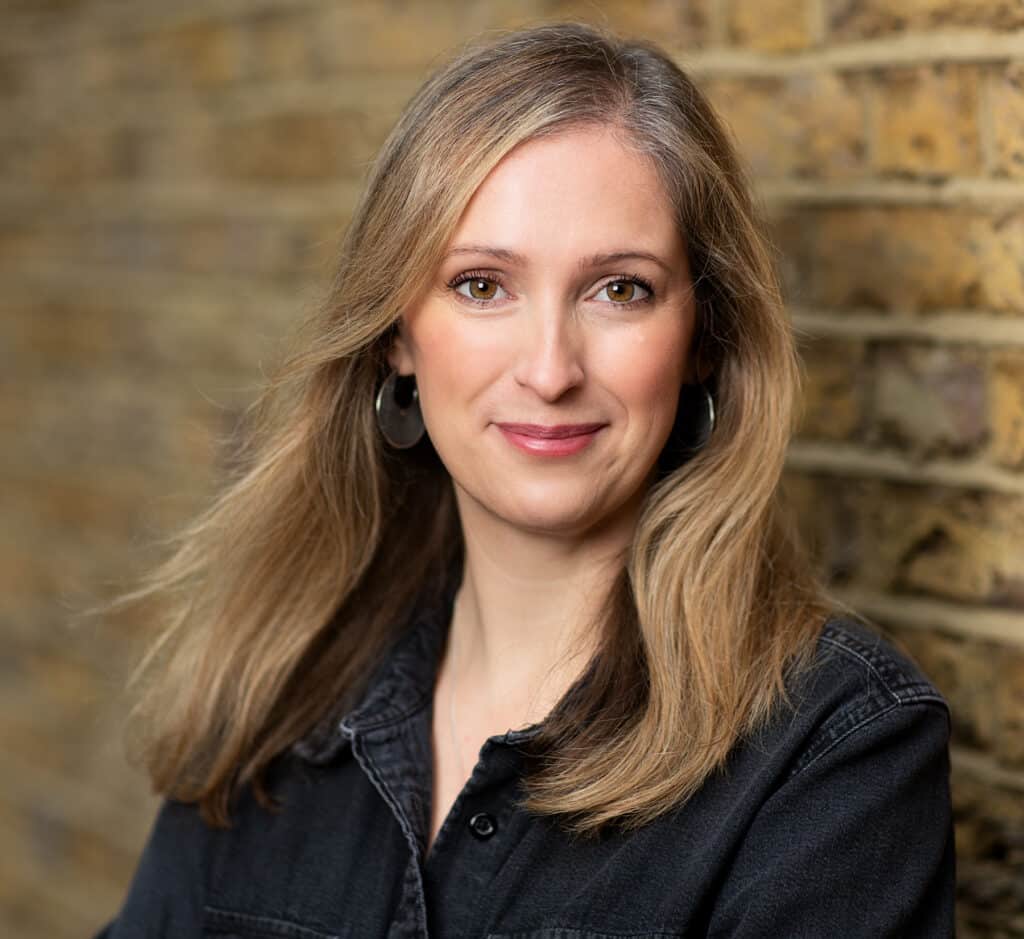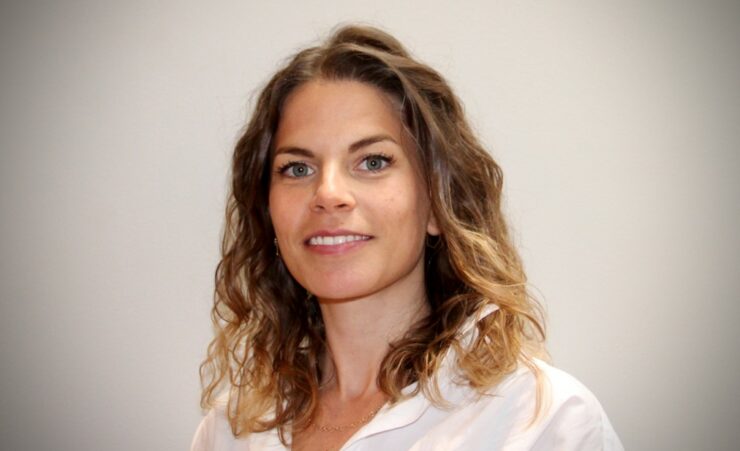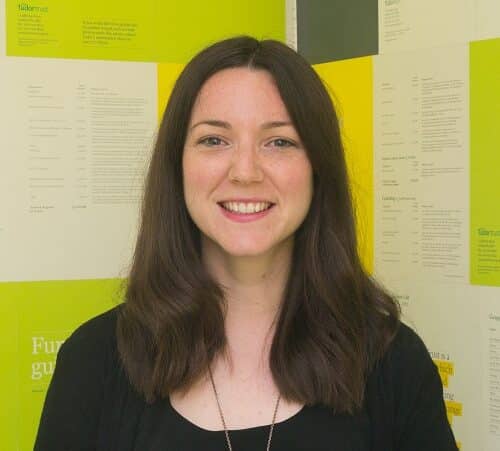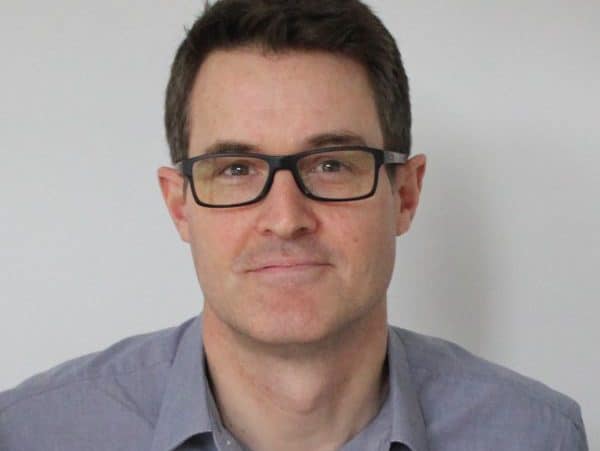
A simple ambition for grant-making: unrestricted and light-touch
#FlexibleFunders
As a group, we are ambitious for change. We recognise that the moment demands it. Not just the need for a simpler philanthropy, one that can reflect and accommodate the anxiety and uncertainty of applicants. But also a respectful philanthropy, one that recognises that applicants and grantees have assets – activities, services, reach, trust, legitimacy, practice, knowledge, expertise, energy and passion – that have intrinsic value and significance. And an inclusive philanthropy, one that is resolved to rise to the challenge (so strongly exemplified in the Black Lives Matter protests over recent months) of breaking down the systemic barriers that exclude and disadvantage so many.
At the same time, we need to be determined. When people comment wryly that ‘it took a pandemic for the value of unrestricted income and light touch reporting to be felt by trusts and foundations’, it brings home how hard it is to achieve deep and meaningful change. Together, we seek to translate words – ‘trust’, ‘speed’, ‘light touch’ – into visible, practical and durable changes to behaviour and practice. To turn things upside down, so the burden falls on funders to ensure that their systems and their processes are truly simple, respectful and inclusive.
Together, we seek to translate words – ‘trust’, ‘speed’, ‘light touch’ – into visible, practical and durable changes to behaviour and practice.
We have been here before, researching and arguing for progressive practice. In 2011, IVAR embarked on ‘Recession Watch’, exploring how independent funders could help small voluntary organisations navigate the political and economic uncertainty sparked by the 2008 recession. We heard about the reduced availability of core funding; higher demand for services due to increasing poverty, hunger and unemployment; difficulty accessing ‘funder plus’ support due to the time or travel commitment incurred; and a lack of time for strategic planning that amplified these other issues.
Five years later, in 2016, we returned to the question of small organisations’ health and prospects through a study on sustainability. We argued for relational, rather than contractual, interaction between funders and funded organisations. An interaction which values the contribution of the ‘real world’ experience and knowledge of the funded organisation and the resources, overview and convening power of the funder.
Then, in 2018, we returned to the Recession Watch organisations. We found that their ability to adapt continued to be hampered by precarious balance sheets and uncertainty about their future. And we highlighted again the importance of greater flexibility, of funders making processes more proportionate – looking for ‘not what suits me but what helps you’; and of being more responsive: giving more core funding, more feedback, more support. We saw encouraging signs of some foundations being more realistic about the outcomes they can expect small organisations to deliver in complex environments, while increasingly valuing the unique role they play in meeting the needs of those who do not fit into standard boxes.
Speaking most strongly to the current crisis, in 2018 we published The possible, not the perfect. Grant makers who responded to emergencies during 2017 demonstrated just how far foundations are able to adapt their procedures in the face of crisis. Processes were slimmed down, conversations took the place of form filling for applications and reporting, and time frames for decisions radically contracted. ‘Being effective’ in these circumstances did not mean delivering a perfect grant programme that no-one could question or criticise; it meant being ‘straightforward, easy, quick and trusting’.
Then, as now, we argued that that this notion of ‘effective’ grant-making had the potential to resonate beyond the confines of emergencies. Funders were excited by what had proved possible: ‘There is an opportunity here and it would be a shame to let it go. Let’s not get too bogged down in all the problems and challenges – all it takes is a few organisations who are willing to get on with trying out some of these ideas to see how they work’. And local organisations trying to serve their communities were hungry for change: ‘Every day in a community is an emergency. They don’t have to have a tragedy to give money that way.’
Throughout this period, funders have been evolving. Green shoots of genuinely progressive practice have been slowly emerging – now rocket propelled, as everything has been, by the imperative of the Covid-19 crisis. In a few short weeks, some funders have transformed their relationship with grantees, dismantling onerous reporting structures and proactively offering a range of financial and technical support. Others have overhauled their processes, streamlining application forms, and radically speeding up decision making. More are testing the waters of unrestricted funding. Some have even publicised their willingness to meet fundraising costs in support of the effort to keep going. This new mood of agility, trust and common endeavour points the way to a healthier and more collaborative relationship between funders and the VCSE sector.
This new mood of agility, trust and common endeavour points the way to a healthier and more collaborative relationship between funders and the VCSE sector.
There is much to draw from and build on. That is why we are ambitious. But we must be determined. Because, while we know how flexible and imaginative funders can be in the face of emergencies, we have also lived through stalled attempts to evolve funder practice. Already some foundations are feeling the pull of familiar ways of working – a sense that ‘the immediate emergency response has been successfully negotiated, now let’s get back to business as usual’. And, for applicants and grantees – waiting for the email, wondering whether to call, second guessing what is required, struggling to interpret criteria, jumping through hoops, dressing up core costs as innovations – the stress and the strain persist. The power to change this, the power to remain outside the normal, resides with trusts and foundations. Their importance for the VCSE sector cannot be over-estimated. They continue to be uniquely placed to provide continuity; take risks; operate flexibly; and invest in politically unpopular or marginalised areas. With these freedoms come responsibilities. Not to shoulder all of the burden; but certainly to ensure that their contributions are the very best that they can be.
We have seen what is possible in an emergency. The challenge now is for funders and VCSE organisations together to interrogate these new behaviours and to nurture and grow the best of them into the future. A future that, as far as the eye can see, will be characterised by uncertainty and unpredictability. A future that therefore requires a sustained commitment to flexibility and creative adaptation. That is our ambition.
Join us by completing this survey – it will take approximately 20 minutes and will inform work to help to shape both future emergency approaches and general grant-making practice (e.g. stripping back application processes; reaching new groups or speeding up decision-making).
We’re working with a group of charities and funders:



